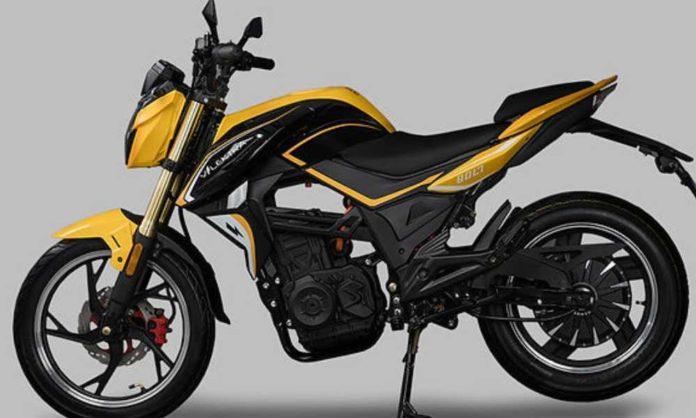Both firms have a devoted following of clients who are prepared to pay a premium for their products, and it is expected that this trend will continue. E-bikes have evolved as a popular and environmentally beneficial means of transportation as the globe strives towards a greener future. Yet, in Pakistan, the decision of whether or not to purchase an e-bike at this moment is hard.
On the surface, e-bikes appear to be a fantastic concept. They are ecologically friendly, inexpensive, and simple to use. They are ideal for individuals who wish to go small distances while avoiding the pollution that plagues many of our cities. Yet, there are other important considerations to consider before purchasing an e-bike in Pakistan.
Lack of infrastructure
The first consideration is a lack of infrastructure. The roads in Pakistan are not meant for bicycles, let alone e-bikes. There are few dedicated bike lanes, and those that do exist are frequently in disrepair. As a result, e-bikes must share the road with automobiles, buses, and trucks, which can be hazardous for novice riders. It may not be safe to ride an e-bike on Pakistani roads unless there is a large investment in cycling infrastructure.
Unsatisfactory quality
Another factor to consider is the quality of e-bikes on the market in Pakistan. Many of the e-bikes on the market are of low quality and are imported from China. They frequently have short battery life and are prone to failure. Due to the scarcity of dependable e-bikes in Pakistan, purchasing one might be dangerous. A mechanical failure or malfunction might leave you stuck on the side of the road, far from assistance.
High cost
The cost of e-bikes is also an important consideration. While e-bikes are often less expensive than vehicles, they are nevertheless a substantial investment. In Pakistan, the typical price of an e-bike is between Rs. 100,000 and Rs. 250,000, making it out of reach for many individuals. Given the present economic circumstances, purchasing an e-bike may not be prudent at this time. Additionally, maintenance and repair will be more expensive than the money saved on fuel.
Also, it is crucial to emphasize how Pakistan is yet to develop for electric vehicles in terms of charging stations and inexpensive power. Due to hefty import duties and energy costs, E motorcycles can be a financial drain.

The absence of infrastructure, low quality of current e-bikes, high expense, and harsh weather conditions make purchasing an e-bike problematic at this time. Unless these difficulties are solved, traditional forms of mobility, such as vehicles or public transit, may be preferable. While not as ecologically friendly as e-bikes, they are more practical and safer modes of transportation in Pakistan.
What are your thoughts on this? Let us know in the comments below.












































